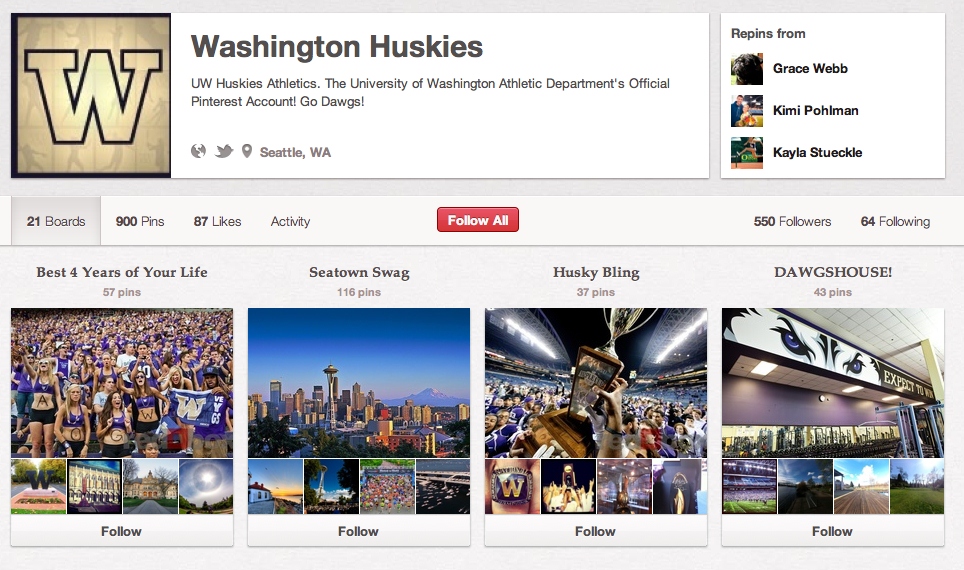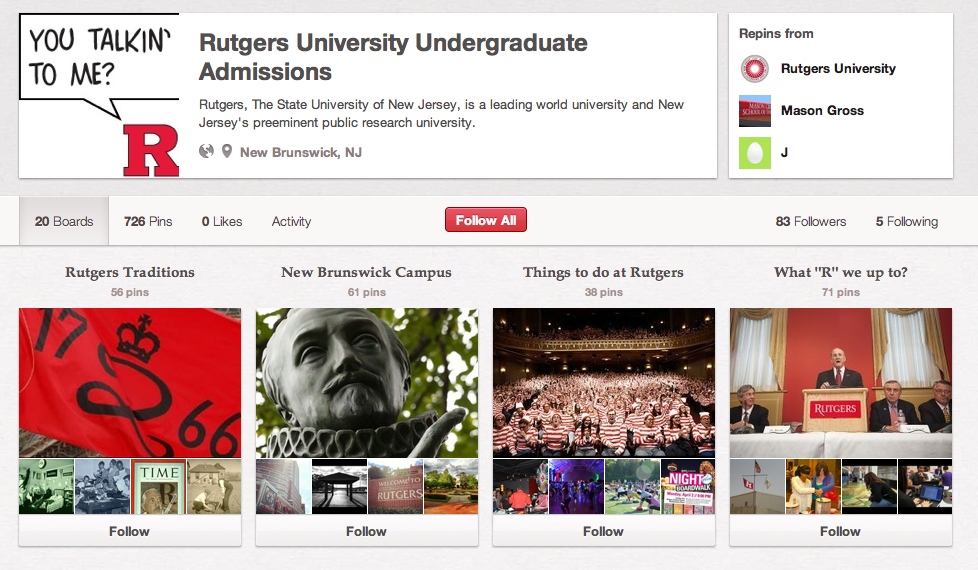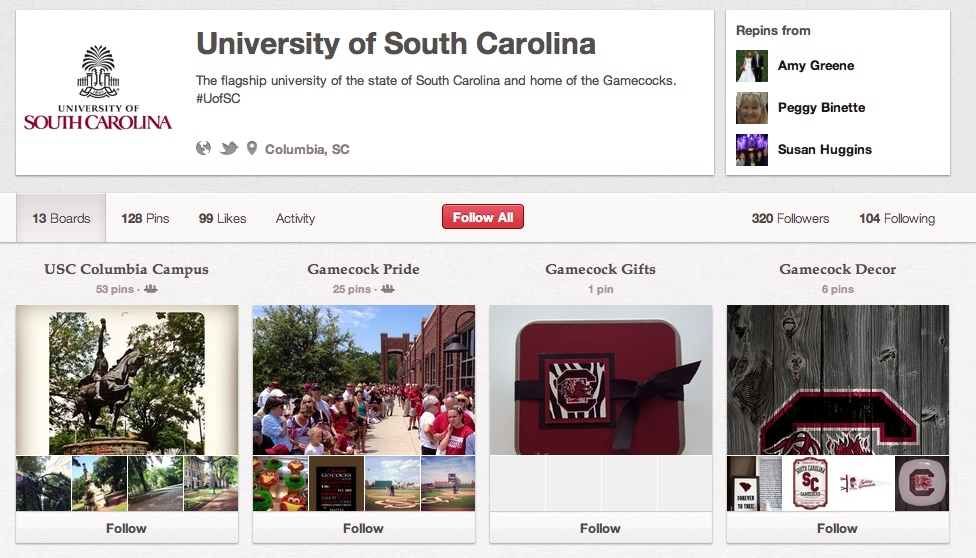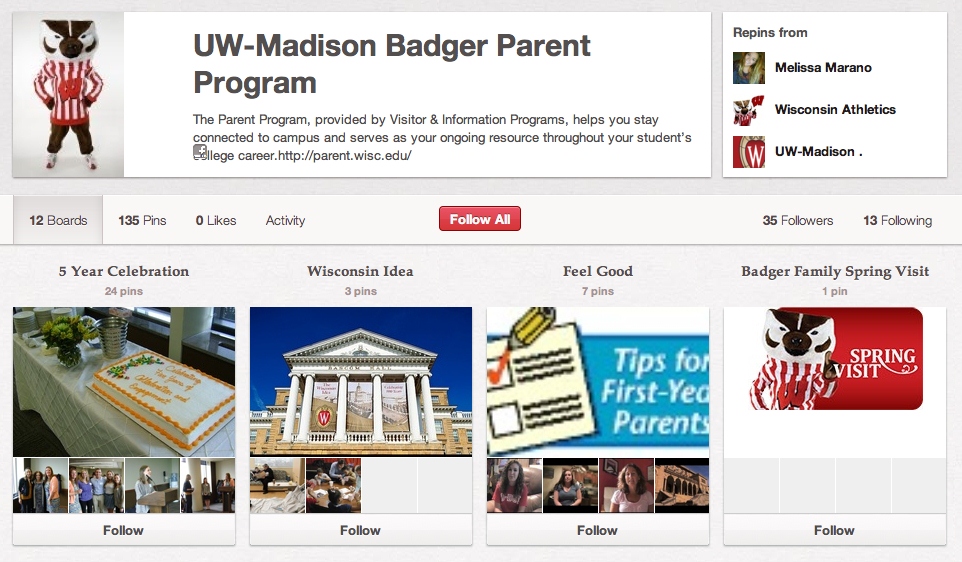It’s never too early to start the “branding” process. Lauren Joffe of The Real College Guide lays out a clear strategy to get the ball rolling. Parents should pass this along to their college-bound teens.
********
 Just because your GPA has made Dean’s List every semester and your work experience is better than most does not mean you have a slam-dunk when it comes to landing a job or an internship in today’s hypercompetitive market. According to the National Association for Colleges and Employers (NACE), all students need to create their own personal “brand.” This is what sets you apart from your equally qualified peers.
Just because your GPA has made Dean’s List every semester and your work experience is better than most does not mean you have a slam-dunk when it comes to landing a job or an internship in today’s hypercompetitive market. According to the National Association for Colleges and Employers (NACE), all students need to create their own personal “brand.” This is what sets you apart from your equally qualified peers.
Get the Ball Rolling
So what is a personal brand, anyway? “Personal brand is about the unique strengths and attributes each person has. It’s what makes a person stand out and how people think of him or her,” says Paula Loop, U.S. and global talent leader at professional services firm PricewaterhouseCoopers (PwC). “Think about how you want to be known, then you can focus on building skills and doing things that will enhance that image. Students who are able to communicate a strong personal brand — the unique strengths they can bring to an organization — are more attractive to employers.”
Start by introducing potential employers to your unique strengths using your resume and cover letter. Remember, these documents will serve as a company’s first impression of you, so it’s critical that you perfect them. Your resume and cover letter will be the first defining aspects of your brand, so make this introduction count by positioning yourself properly, beginning with presentation. Finance majors will have resumes that look much different — in design elements such as font and layout — from those of graphic designers. This also holds true for what your resume says: Certain industries place a heavy emphasis on internships, while others value research or volunteer experience.
Perfecting Your “Elevator Pitch”
Loop affirms the importance of your “elevator pitch,” essentially a 30-second description of who you are, your background and career aspirations. Imagine being in an elevator with a potential employer and he or she asks you to describe yourself and your personal goals. Would you be able to give an articulate, clear response?
Says Loop: “This should consist of no more than five sentences. The first two highlight one’s background. The third displays interests and recent accomplishments. The concluding sentence should address what an individual is seeking in a job and career. The most effective elevator pitches are short and memorable.”
To help guide your pitch, keep in mind these fundamental questions:
- Who are you?
- What are your accomplishments?
- Where are you going, and what are your ultimate goals?
When fine-tuning your pitch, also keep in mind the following points that will help create an outline:
- How have your past experiences with internships, volunteer work, etc., prepared you to meet your goal?
- What are your strongest skills?
- How do you stand apart from other entry-level applicants? What makes you unique and memorable?
Once you’ve drafted something impressive, practice it! Nothing is worse than stumbling through your elevator pitch with a bunch of “um’s” and “you know’s” popping up in every other sentence. Rehearse in front of your mirror, your parents or anyone who can give you constructive feedback regarding body language, tone and fluidity. Be friendly, make eye contact, and give your interviewer a strong, confident handshake.
Brand Yourself — Online!
Despite the ever-expanding social networking sphere, it’s surprising how many students do not properly brand themselves online. Chances are your potential employers are Googling you, which means you need to take advantage of the online world of networking.
“Ignoring or failing to create a business-appropriate image on social media sites like LinkedIn and Facebook can create issues,” says Loop. “Establishing and maintaining a professional social network profile is vital because potential employers are also online. A LinkedIn profile that displays your accomplishments, experience and goals can highlight your personal brand and enhance your job search.
Here are a few pointers outlined by PwC when it comes to branding yourself on the Internet:
- Use social media, but use it correctly. Actively participate on Facebook, Twitter and LinkedIn, but ask yourself if your profiles are appropriate to be viewed by an employer. According to a CareerBuilder.com survey, almost 45 percent of employers will look at your social media profiles to get better insight. Post all your contact information and join alumni groups to increase your chances of connecting with a potential employer.
- Be conscious of every email you send. Whether using your smartphone or typing on your computer, always use proper grammar, spelling, punctuation and etiquette whenever writing an email. During networking and job hunting, you will primarily communicate with people via email, which means sloppy emails equal a sloppy image. Don’t discredit yourself by forgetting to give an editorial eye to every email sent.
- Add links to your online signature. When sending emails or creating your social media profiles, include a couple of links to websites you enjoy, published work you’ve written, and your LinkedIn or Twitter accounts. Give employers an easy outlet to further understand who you are and where your interests lie.
B-E Aggressive
While formulating your brand is the first step, it’s important to constantly stay in touch with contacts, actively research your industry and develop a relationship with your university’s career services center.
Loop encourages students to do one thing each week that will help advance their career. This ranges from sending “hello” emails to contacts within your networking sphere to reading informative blogs related to your particular field. And since up to 80 percent of jobs are found through networking, it’s important to keep your networking sphere intact and growing.
One of your best resources as a college student is your university’s career services center, which can provide you with exclusive job offerings, resume critiques and mock interviews. Take advantage of these opportunities while you can to fully maximize your hiring eligibility.
“There are many important facets to personal branding, but networking is critical,” says Loop. “Start with friends, family and alumni from your school. Those are the people who know you best and will want to help.”
And for those interested in seeking further assistance in crafting your personal brand, PwC is launching Personal Brand Week 2.0 in February, so check out PwC.com for more information, helpful worksheets and career tips.












